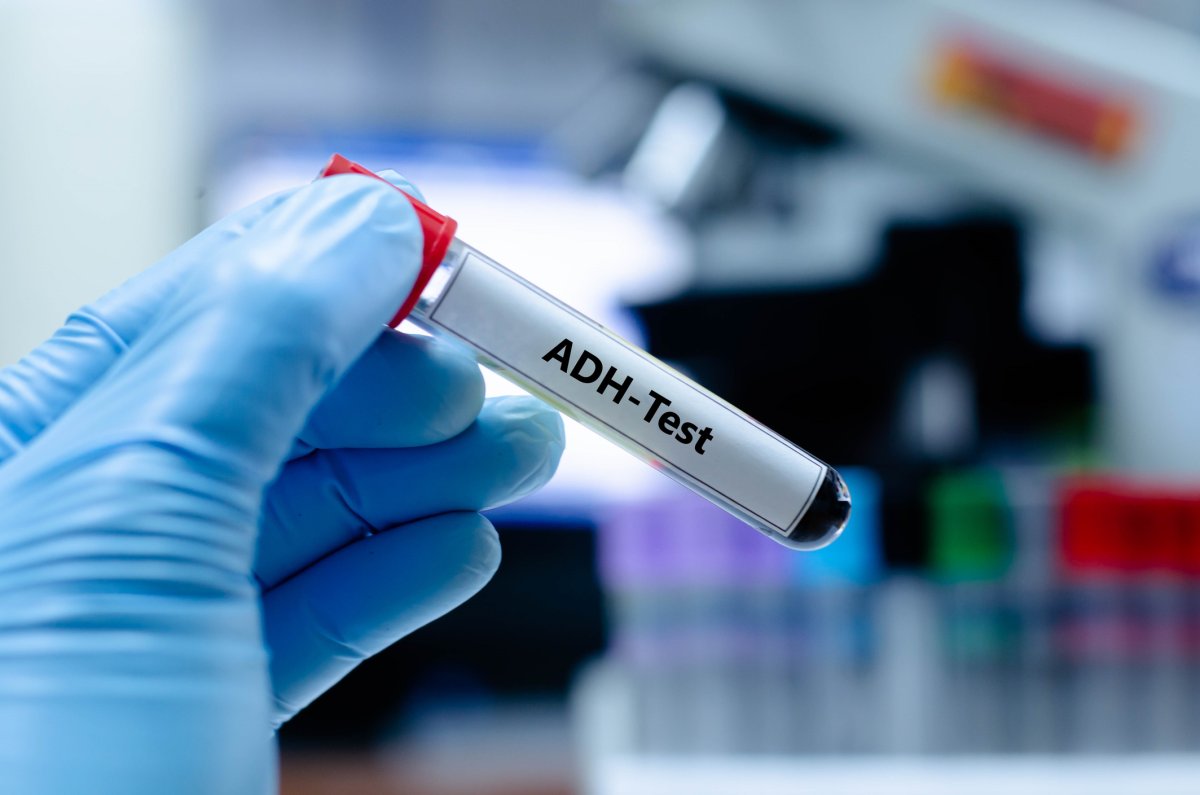Neuroscientists at Stanford University have proposed a new theory for a key driving force of autism spectrum disorder.
Roughly one in 100 children worldwide has autism, according to data from the World Health Organization. The term refers to a diverse group of conditions characterized by some degree of difficulty with social interaction and communication.
There are many potential causes of autism spectrum disorders, which include both environmental and genetic factors. However, we still know very little about the specific causes of the condition.
In a new comment paper, published in the journal Molecular Psychiatry, researchers from Stanford University, led by Karen Parker, have highlighted a potential key driver of this condition in certain individuals, providing a possible pathway to improving social abilities in some children with autism.

The theory focuses on a hormone called vasopressin, also known as antidiuretic hormone. This hormone is known to play a diverse range of functions in the human body, hence its multiple different names.
Antidiuretic hormone is most commonly used to describe its essential roles in regulating blood pressure, kidney function and concentrations of water in the blood. But it also plays an important role in modulating social communication and pair bonding behaviors, a context in which it is usually known as the previously mentioned vasopressin.
Because of its role in social interactions, Parker's lab have previously investigated the effects of vasopressin treatment in children with autism. While human trials have so far been limited to a small sample size, children who received this nasally introduced treatment showed significant improvements in social abilities as well as reduced anxiety and repetitive behaviors.
However, to demonstrate that autism is a direct result of vasopressin deficiency, rather than something that can simply be masked by introducing the hormone, the scientists said they needed to look at the other roles it has and how they might be impacted in people with autism.
The researchers said that a deficiency in vasopressin would likely be associated with difficulties controlling the body's water content. For example, they might see individuals with autism also experiencing excessive thirst, excessive urine production, or a condition called central diabetes insipidus which results from an inability to control the body's water balance.
Unfortunately, there are very few studies that explore the links between autism and these conditions. Several studies have shown that people with autism are more likely to experience excessive thirst compared to neurotypical individuals, and compared to those with different neurodevelopmental diagnoses, indicating that this thirst is not simply correlated with intellectual disabilities.
Children with autism also have significantly higher rates of urinary incontinence and bedwetting, which may be a symptom of excessive urine production.
"The emerging evidence reviewed above is consistent with decreased brain [vasopressin] production in at least some individuals with autism spectrum disorder," the authors write.
"However, given a lack of awareness of [vasopressin's] diverse functions, these symptoms may be subtle enough to go unnoticed or, if prominent, may be misattributed to other causes."
More research is now needed to identify whether there is indeed a clear link between water balance-related medical conditions and autism spectrum disorders, as well as determining whether a positive relationship exists between vasopressin deficiency and the severity of social symptoms in individuals with autism.
Uncommon Knowledge
Newsweek is committed to challenging conventional wisdom and finding connections in the search for common ground.
Newsweek is committed to challenging conventional wisdom and finding connections in the search for common ground.
About the writer
Pandora Dewan is a Senior Science Reporter at Newsweek based in London, UK. Her focus is reporting on science, health ... Read more
To read how Newsweek uses AI as a newsroom tool, Click here.








